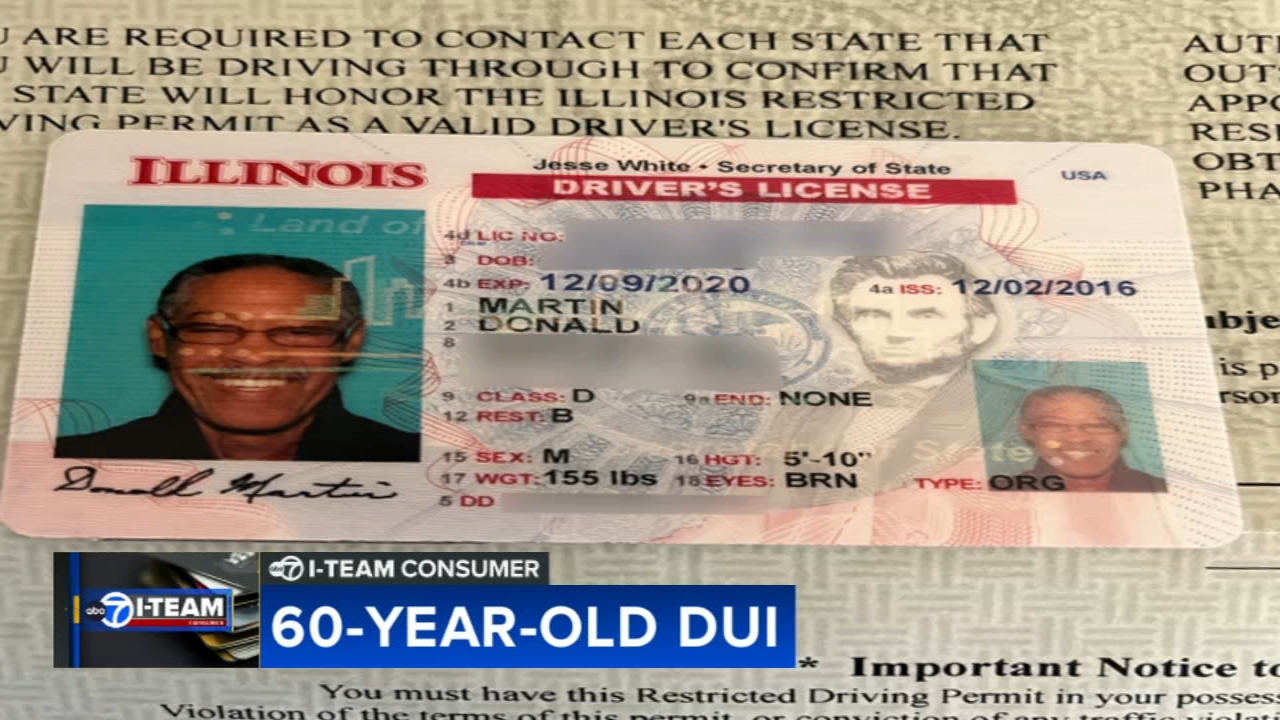Is CPD's predictive policing strategy effective?
An ABC7 I-Team Investigation
CHICAGO (WLS) -- New questions about whether one of Chicago's much talked about policing strategies, predictive policing, is working.
The strategy helps the department target those it deems most at risk of committing crime or becoming a crime victim.
Arrest records, gang ties and friends are just a few of the factors that go into the Chicago Police Department's Strategic Subjects List.
There are currently 1,400 people at the top of it. These 1,400 people are those the department deems most at risk of becoming involved in shootings or murders.
"They use a racist algorithm- let's call it what it is- to sort out people they want to pick up and then these young individuals have to fight for their lives to get out of all these false charges," said community activist Sarah Wild.
During a recent bust by the Chicago Police Department, 84 percent of those charged were on the list.
"We are sending a message to these individuals: their violent behavior will not be tolerated," said Supt. Eddie Johnson.
But a new study of earlier versions of Chicago's program by the Rand Corporation found people on the list were "not more or less likely to become a victim of a homicide or shooting."
In fact, researchers said police were using it as sort of suspect list after crimes were committed.
"As one reviewer put it, if you just hand out a list of people who are supposedly at high risk, no one should be surprised there wasn't a lot of results," said Rand Corporation Researcher John Hollywood.
"It does work. If you take one person off the street you probably cut down on a lot of guns and crimes in that neighborhood," said Ald. Ariel Reboyras (Ward 30).
The renewed emphasis on the Strategic Subjects List hasn't curbed crime. Police data shows murders climbing in the last year and a half.
Community activists like Jeffrey Baker say secret lists are part of a bigger problem.
"There has been a lot of reason to not trust what the police tell us," said Baker.
Police declined to talk with ABC7 on camera, but in a statement say Rand researchers only looked at version one of the Strategic Subjects List. Police say they have already moved on to version five of the list.
Police also say they're now using the list to connect at-risk people with mental health, job training and other services.








